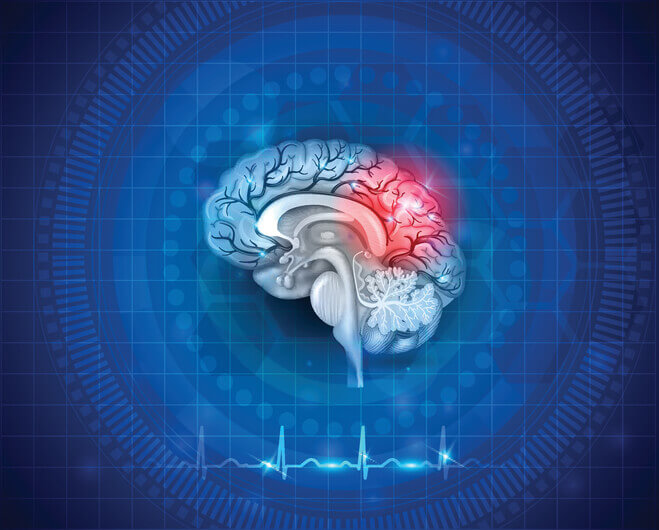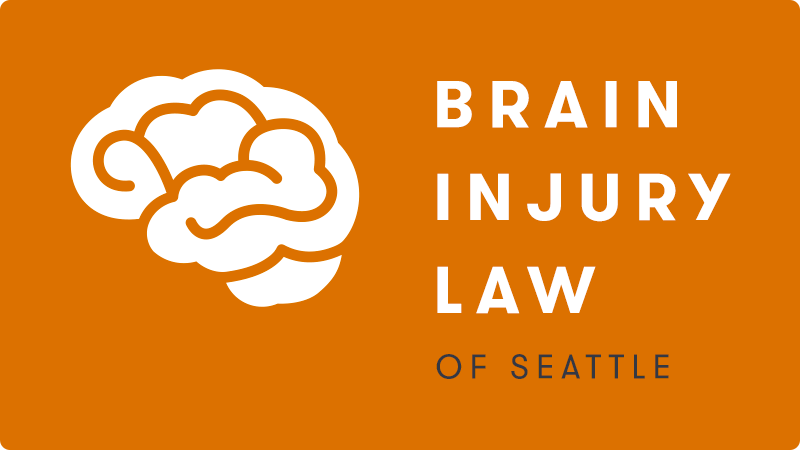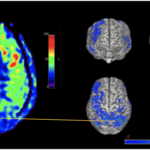According to the CDC, traumatic brain injuries (TBIs) affect 1.5 million Americans annually. While 230,000 remain active, about 50,000 die and 90,000 require long-term assistance. If you had an accident and are wondering about head injury symptoms, trust the Brain Injury Law of Seattle. Our experienced Seattle, WA, team works with treatment providers to assist holistically, keeping your well-being in mind.
Page Contents
Head Injury
A “head injury” is any abrasion to the head, externally or internally, including the skull, scalp, brain, blood vessels, or tissues. More benign closed-head injuries don’t penetrate the skull, while severe open-head injuries include fractured skulls and internal bleeding.
Since it’s difficult to tell a brain injury’s extent, ask a professional about head trauma signs and types of head injuries.

Different Types of Head Injuries
After conducting a head injury assessment to understand the symptoms of head injury evident, your doctor determines the head injury type.
Hematoma
Hematoma occurs when a blood vessel pops, clotting the blood within the head space, and it formulates under the skull (near the brain) or beneath the scalp.
Hemorrhage
Subarachnoid hemorrhage, uncontrollable bleeding around the brain, shows head trauma signs of headaches and vomiting.
Intracerebral hemorrhage is bleeding within the brain tissue that may show head injury symptoms days later if a blood clot causes pressure buildup, leading to unconsciousness and brain damage.
Scalp Injury
Light tears and bruises rarely become open head injuries. However, it sometimes causes facial trauma, infection, and hemorrhagic shock with excessive bleeding.
Concussion
A harsh brain jolt that causes a concussion hardly promotes unconsciousness, most noting headaches, neck pain, cognitive dysfunction, and a temporary loss of alertness and awareness.
Brain contusion
Fractured skulls or hematomas, alongside high blood pressure, bleeding disorders, and illicit drug use, bruise the brain, with swelling and bleeding promoting contusions.
Skull fracture
Usually, a blow causes cracked or broken cranial bones (a skull fracture), sometimes leading to fragments cutting into the brain and internal bleeding.
Shear injury
When connecting nerve fibers rotate or shift due to the brain rocking forward and back, anything from a concussion to a diffuse axonal injury (DAI) can occur.
Edema
A common result of most brain injuries, edema is tissue swelling around the brain. However, if swelling occurs within brain tissues, the brain can swell, pushing against the skull and stretching it.

Head Injury Causes and Risk Factors
The most common head injury cause is motor vehicle accidents, whether you get hit as a pedestrian, don’t wear a helmet during motorcycle riding, or have a car collision. Unfortunately, head injury symptoms happen for numerous reasons, including:
- Child or domestic abuse and other violence
- Slips and falls or unsafe working conditions, contribute to CTE brain injuries
- During or after surgery, most commonly leading to hematoma or hemorrhaging
What Are the Symptoms of a Head Injury?
Mild head injury
Mild head injuries usually remain external with bumps, bruises, and shallow cuts. However, it sometimes affects your cognitive processes with dizziness, confusion, imbalance, impaired vision and hearing, and memory and concentration issues.
Moderate head injury
Moderate head injuries show the above symptoms alongside more alarming concerns like temporary unconsciousness or non-stop bleeding, headaches, vomiting, or nausea. Deeper cuts or open head wounds also cause sweating, pale skin, and weakness or epilepsy.
Severe head injury
More severe head injuries affect short and long-term memory, alter behavioral patterns, and affect walking and speaking abilities. Locked-in syndrome, vegetation, or comas also occur.
Concussion
Head concussion symptoms aren’t always immediately evident, but many feel confused, stunned, dazed, or clumsy. Mood and personality changes, unconsciousness, and head pressure also prove evident.
Concussions and Head Injuries
While a concussion is usually mild, many doctors suggest not returning to strenuous activities like sports until healed to prevent second impact syndrome from another concussion. Otherwise, brain swelling and bleeding lead to pressure on the skull.
But how long after hitting your head can concussion symptoms start? They last a few days unless post-concussion syndrome occurs, extending toward three months.
How Long After Head Injury Can Symptoms Occur
How long after a head injury can symptoms occur? Some take effect immediately, while others take a day or two. Many head trauma symptoms remain if irreversible head ailments occur, causing head injury side effects years later, like like memory loss, anxiety, and depression.
Learn More from Our Award-Winning Attorneys!
Head injury symptoms have different side effects, downtime, and severity levels. Rather than wait it out, call our award-winning, professional team, Brain Injury Law of Seattle. We’ll provide information and connect you to cutting-edge medicine when you contact us in Seattle, WA, for a free consultation today!






